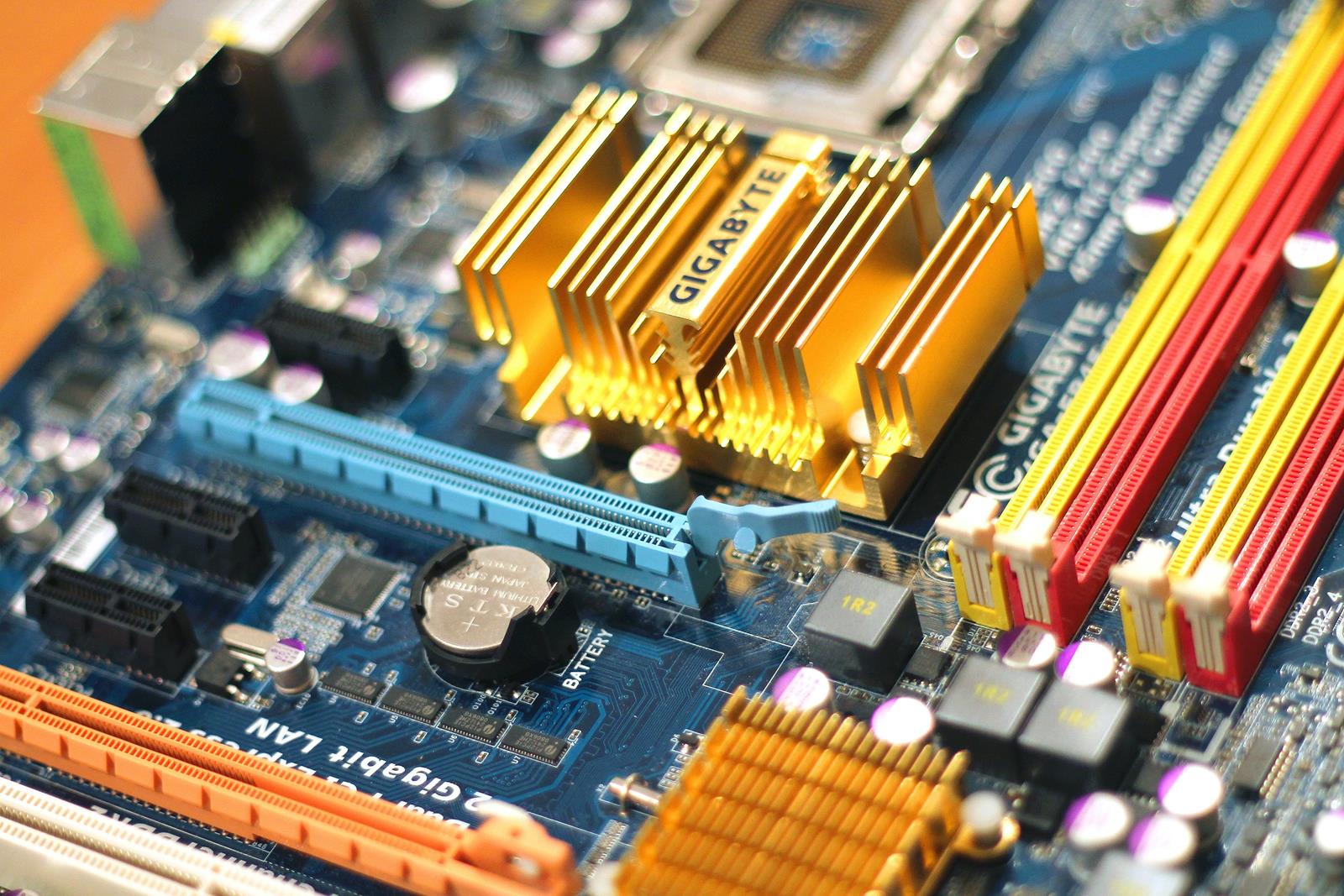The Effect Of Technological Systems On Society

Mostly composed of technology systems, which affect human interactions, economic growth, and social dynamics, the contemporary world is From transportation and communication networks to data management and automation systems, these linked networks have substantially digitized and streamlined conventional ways of life. From government operations and business competitiveness to our access to healthcare and education, practically every element of everyday life exposes their influence. Technical systems have innate complexity and problems even if they provide great advantages in production, speed, and accessibility. These include ethical issues, data security issues, and the growing social and economic disparity. Understanding the many effects of various systems assists one to make sure that innovation enhances the more overall aim of society well-being and fair development.
Reshaping Societal Infrastructure
The effect of technological systems on infrastructure alteration of society is among their most obvious results. One location where digital technologies merge utilities, transportation, and public services to boost efficiency and sustainability is smart cities. While real-time data analytics manages traffic, smart grids improve energy consumption; sensor-based surveillance systems monitor public safety. These combined technologies provide consumers more convenience and governments more knowledge of urban planning, therefore helping cities to operate more responsively and sustainably.
This change also makes one rely on sophisticated digital technologies. Should these systems fail—from cyberattacks to natural catastrophes to malfunction—the consequences might be widespread. A flaw in an air traffic control system, for example, can impact international travel or result in delays of hundreds of planes. Furthermore, the centralizing of services via technology might result in less human supervision, which, in severe situations could compromise responsibility or impede quick problem-solving. Although the development of infrastructure using technology systems reveals progress, resilience and dependability depend on strong backup systems and open management.
Impacts on Economic Systems and Labor
While they have replaced conventional jobs, technology developments have transformed economic systems and provide great possibilities. Automated manufacturing lines, algorithm-driven logistics, and digital payment systems simplify trade and hence accelerate it quicker than it has ever been feasible. Using integrated management systems, companies now run worldwide to evaluate market trends, organize supply chains, and personalize consumer experiences. These skills enable the market to expand, the economy to prosper, and entrepreneurship to become more democratic.
Still, there is unequal sharing of these advances. Many people find employment uncertainty and unclear futures as technology and artificial intelligence replace tedious or analytical labor. When processes are optimized, technical technologies may replace rather than improve human labor. Low- and middle-skill employment especially are at danger; new positions that develop may need for specialist expertise not readily accessible for displaced workers. This technological change emphasizes the need of continuous education, skill development, and legal frameworks supporting a fair transition for all spheres of the employment.
Influence on Social Behavior and Culture
The way daily life combines technical systems has drastically changed social behavior and cultural standards. Driven by complex algorithms and recommendation engines, social media platforms have developed to be fundamental for information exchange, communication, and identity development. These days people build businesses, change opinions, and engage in online civic conversations. These systems affect not just people’s impressions and interactions with public narratives but also their formation.
Simultaneously, this impact generates questions about erroneous knowledge, echo chambers, and the decreased actual social contact. Sometimes the sensual or contentious information is given top priority in algorithms meant to boost participation, therefore gently altering individuals’s perceptions and fostering social conflict. Furthermore, emphasizing too much digital engagement might lower the depth of real contacts and empathy. Furthermore changing are cultural standards as internet usage influences morals, behavior, and language even in terms of conduct. Although technical systems provide worldwide connectivity, their development and use should encourage inclusivity, understanding, and ethical communication even if they help to facilitate it.
Ethical and Governance Challenges
Growing technology systems provide a tsunami of moral dilemmas and political concerns. Even if they are beneficial for security and identification, surveillance systems, face recognition technologies, biometric data collecting breach personal privacy and human rights. Previously unheard-of access to personal data by governments and businesses, limits separating security from intrusion often blur. Without well defined criteria, such tools may turn from safety into weapons of tyranny.
Moreover, the lack of openness in algorithmic decision-making could provide biassed or discriminatory results in crucial sectors like police enforcement, loan approval, or employment. Designed without consideration for ethical consequences, technology systems might inadvertently support societal inequalities. Comprehensive governance frameworks are desperately needed as society becomes progressively more reliant on these networks. Public control, multidisciplinary cooperation, and ethical frameworks emphasizing human dignity and justice first priority should all play part here. Not only is it technical, but also ensuring responsibility within complex systems is a need of society.
Conclusion
Technology systems have drastically transformed the way society runs by offering altering capacities in infrastructure, business, communication, and government. They have made life better by introducing simplicity, efficiency, and connectedness at many layers. But with such authority comes responsibility, in their design as much as their application. Unchecked or poorly controlled technology development might have significant effects on society including economic instability, invasions of privacy, and cultural transformation. It is insufficient to create for the benefit of society; morality must guide and thorough investigation is necessary. If society is to fully benefit from technology systems—one that supports ethical governance, inclusion, and forecasts hazards—a mixed approach is needed. This allows us to optimize technology capabilities as well as to safeguard the social fabric and democratic values maintaining a fair and equal society.